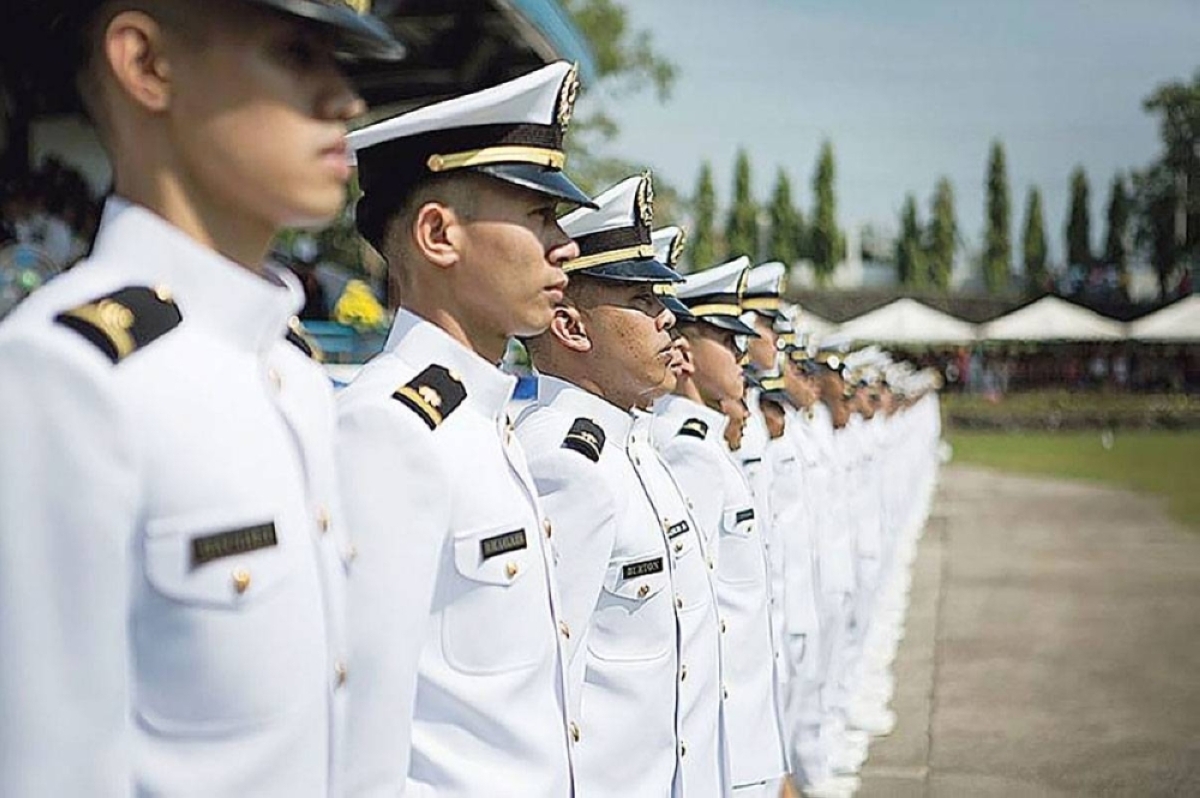The Importance of Exercising the Right to Refuse Sailing in High-Risk Areas
The Department of Migrant Workers (DMW) has recently urged seafarers to exercise their right to refuse sailing in high-risk areas, particularly in light of the recent missile attacks related to the Israel-Hamas war. Incidents like the missile attack on the bulk carrier True Confidence, which resulted in the loss of two Filipino crewmen and serious injuries to two others, highlight the need for seafarers to be aware of their rights and take necessary precautions.
Understanding the Right to Refuse Sailing
Seafarers have the right to refuse sailing if they believe that their safety and well-being are at risk. This right is particularly relevant when ships are traversing high-risk areas. According to Undersecretary Bernard Olalia of the DMW, seafarers on board a ship in a high-risk area are entitled to refuse to sail and can be immediately repatriated if they invoke their rights before the ship reaches its destination.
The Amended List of High-Risk Areas
To provide seafarers with clear guidelines on high-risk areas, the DMW has released an amended list of Warlike Operations Area (WOA) and high-risk areas. This list, which took effect on February 16, 2023, includes Yemeni territorial waters extending up to 12 nautical miles from the border of Yemen with Saudi Arabia in the Red Sea and the border of Yemen and Oman in the Gulf of Aden. By being aware of these designated high-risk areas, seafarers can make informed decisions regarding their safety.
It is important to note that exercising the right to refuse sailing does not automatically terminate the seafarer’s employment contract. Seafarers who choose not to sail are still entitled to the benefits outlined in their employment contract. The government, through the DMW, is committed to assisting seafarers with redeployment and ensuring that they receive the support they need during this challenging time.
Support and Assistance for Affected Seafarers
In the case of the True Confidence missile attack, the DMW has been actively involved in supporting the affected seafarers. The two crewmen who were injured and left in a hospital in Djibouti City have been repatriated through a chartered medical evacuation flight. Upon their arrival home, they will receive an assistance package from the government, which includes financial support and psychosocial counseling to aid in their recovery.
Furthermore, the DMW is currently coordinating retrieval operations for the remains of the two Filipino crewmen who lost their lives in the attack. The vessel has been towed to safer waters to facilitate the salvaging operation. The government is committed to ensuring that the remains are respectfully returned to their families.
Promoting Seafarers’ Safety and Well-being
The recent incidents of missile attacks related to the Israel-Hamas war serve as a stark reminder of the risks that seafarers face in high-risk areas. By exercising their right to refuse sailing and being aware of designated high-risk areas, seafarers can prioritize their safety and well-being. The DMW’s efforts to educate seafarers about their rights and provide support in times of crisis are crucial in promoting a safer and more secure working environment for seafarers around the world.







